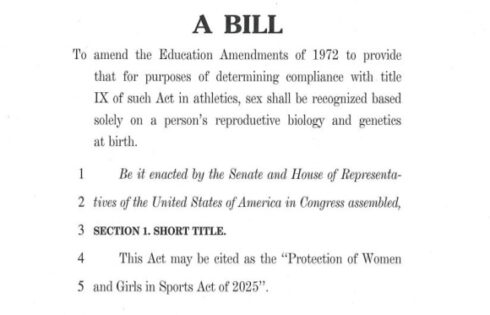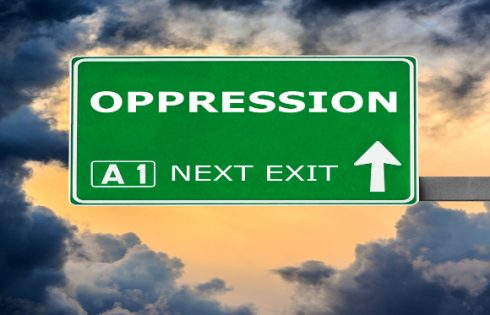While the Senate voted Tuesday against debating whether to repeal “Don’t Ask, Don’t Tell,” the policy that bans gays and lesbians from serving openly in the military, faculty and students at Columbia University are pressing forward with their efforts to bring the Reserve Officer Training Course back to campus.
Two Columbia students have organized an intercollegiate conference in early October to discuss the return of ROTC programs to campuses that have banned them. The students began organizing the conference before Tuesday’s vote with the hope that “Don’t Ask, Don’t Tell” would be repealed. While they deemed the Wednesday’s vote of the policy a setback, they said they still hope to energize different campuses to bring back ROTC if it is later repealed. .
For Columbia College student and ROTC advocate John McClelland, getting ROTC units at more Ivy League universities is symbolic of the military developing a more inclusive culture. A former Army medic who served in Afghanistan, McClelland said he was exposed to a larger diversity of opinions and values when he came to study at Columbia. If the military could train its cadets at Ivy League schools, with their more inclusive cultures, future officers might make the armed forces more friendly toward gays and lesbians, he added.
“If you are a gay soldier, you want a commander who is not biased against somebody because that commander had gay friends in college,” McClelland said.
Columbia sociology professor emeritus Allan Silver, an Army veteran who co-wrote a statement supporting ROTC’s return that 20 Columbia professors published in the Spectator, the campus newspaper, said ROTC programs need to adapt to the liberal arts curriculum at institutions such as Columbia, Harvard and Yale.
Read the full story at the Yale Daily News.
Like The College Fix on Facebook / Follow us on Twitter





Please join the conversation about our stories on Facebook, Twitter, Instagram, Reddit, MeWe, Rumble, Gab, Minds and Gettr.